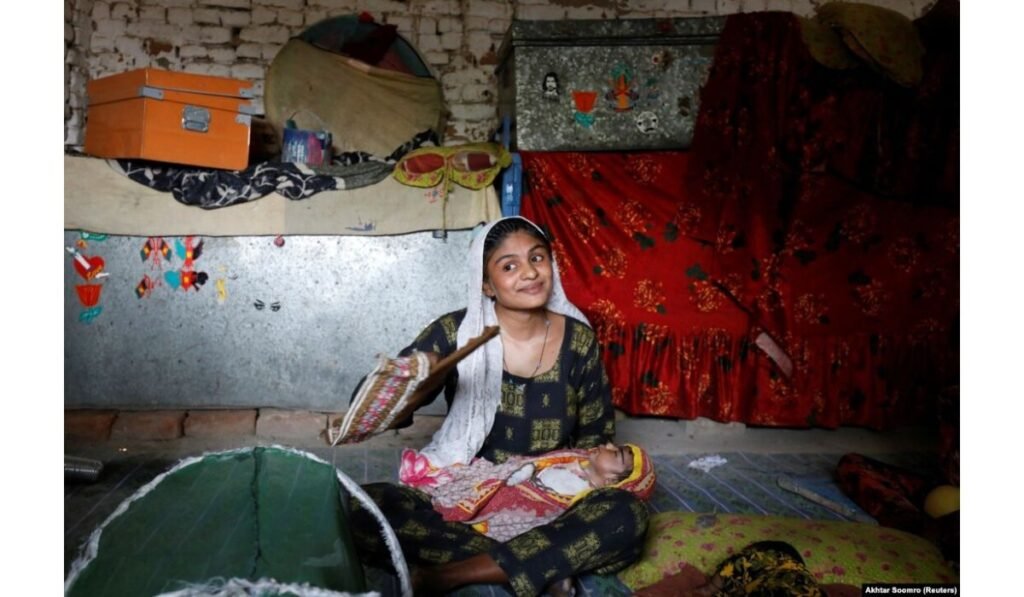A recent study conducted in India has revealed alarming findings regarding the impact of extreme heat on pregnancy outcomes. According to the study, exposure to extreme heat during work hours can double the risk of stillbirth among pregnant women. Extreme Heat Stillbirth Risk is a significant concern, especially in regions where high temperatures are prevalent, such as parts of India.
The study, conducted over several years and involving thousands of pregnant women, highlights the urgent need for measures to protect pregnant women from extreme heat in workplace environments. The risk underscores the importance of implementing workplace policies and interventions aimed at mitigating heat exposure and safeguarding the health and well-being of pregnant women. Moreover, the findings emphasize the critical role of public health initiatives in raising awareness about the risks associated with extreme heat during pregnancy and advocating for supportive workplace environments.
Furthermore, the implications of the India study extend beyond the immediate findings, highlighting broader concerns about climate change and its impact on maternal and child health. Extreme Heat Stillbirth Risk underscores the vulnerability of pregnant women to environmental factors exacerbated by climate change, such as heatwaves. As temperatures continue to rise globally, efforts to address the health impacts of extreme heat on pregnancy outcomes become increasingly urgent. The India study serves as a wake-up call for policymakers, healthcare providers, and communities to prioritize maternal health and climate resilience initiatives to mitigate the adverse effects of extreme heat on vulnerable populations.
read more
image source








